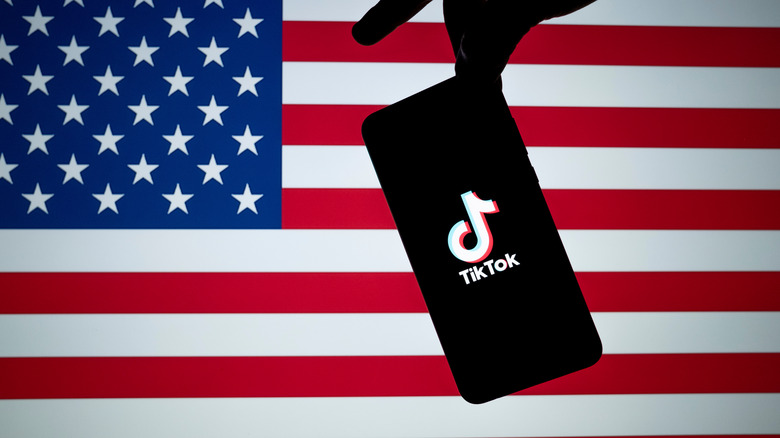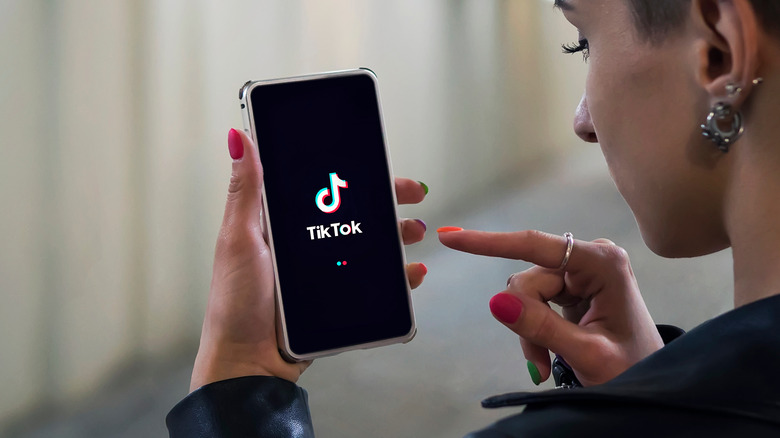TikTok Ban For US Government Phones Passes Senate
The U.S. Senate has passed a bill that seeks to ban TikTok on devices used by federal employees. Dubbed the "No TikTok on Government Devices Act," the proposal was passed by the Senate unanimously, a step toward becoming law, though that depends on whether the House will back the legislation. Introduced by Senator Josh Hawley and backed by Senate Homeland Security and Governmental Affairs, the ban covers TikTok as well as any other app developed by parent company ByteDance. TikTok is said to be working on a music streaming app of its own, and assuming it is eventually launched, federal employees will likely be barred from using that, as well.
Notably, the proposed ban prohibits the installation and usage of the short-video sharing app on "any device issued by the United States or a government corporation." However, a few exceptions will be made for qualifying research personnel, law enforcement officials, and scenarios where national security is at stake. For such exceptional circumstances, agencies will have to create risk mitigation protocols in advance.
Among the officials that will be tasked with enforcement of the policy are the directors of the National Intelligence, Cybersecurity and Infrastructure Security Agency, the Secretary of Defence, and the Administrator of General Services. TikTok, on the other hand, has again downplayed the concerns behind the ban on government-issued devices and linked IT infrastructure. A company representative told CNN that it is "a proposal which does nothing to advance U.S. national security interests."
There are more worries brewing for TikTok
The U.S. is the most valuable market for TikTok, and the company would surely be wary about the Senate bill snowballing into something even more drastic. The states of Alabama and Utah banned TikTok on state government devices over security concerns on the same day that the No TikTok on Government Devices Act was introduced in the Senate. State Governor Kay Ivey said in a statement shared on Twitter that "TikTok harvests vast amount of data from its users," but a majority of it has nothing to do with its core video-sharing feature. The states of Texas, Oklahoma, South Carolina, Maryland, and South Dakota already have similar bans in effect, according to Reuters. A federal employee ban for TikTok is only the tip of the iceberg.
Protecting Alabamians' right to privacy is a must, and I surely don’t take a security threat from China lightly.
Â
That's why I have banned the use of the TikTok app on our state devices and network. #alpolitics pic.twitter.com/wS3F3V336h— Governor Kay Ivey (@GovernorKayIvey) December 13, 2022
Senator Marco Rubio has separately introduced a bill that seeks to ban TikTok on U.S. soil, not just for government employees, but for the entirety of TikTok's American user base. Called the ANTI-SOCIAL CCP Act, the bipartisan legislation seeks to protect social media users in the country, with Rubio arguing that "it is time to ban Beijing-controlled TikTok for good." The proposal is eerily similar to the TikTok ban movement that made waves when Donald Trump was President. In an op-ed published in The Washington Post, Rubio argued that the government "must ban this potential spyware before it is too late." In November, FBI Director Christopher Wray said during a House Homeland Security Committee hearing that TikTok poses national security concerns.

